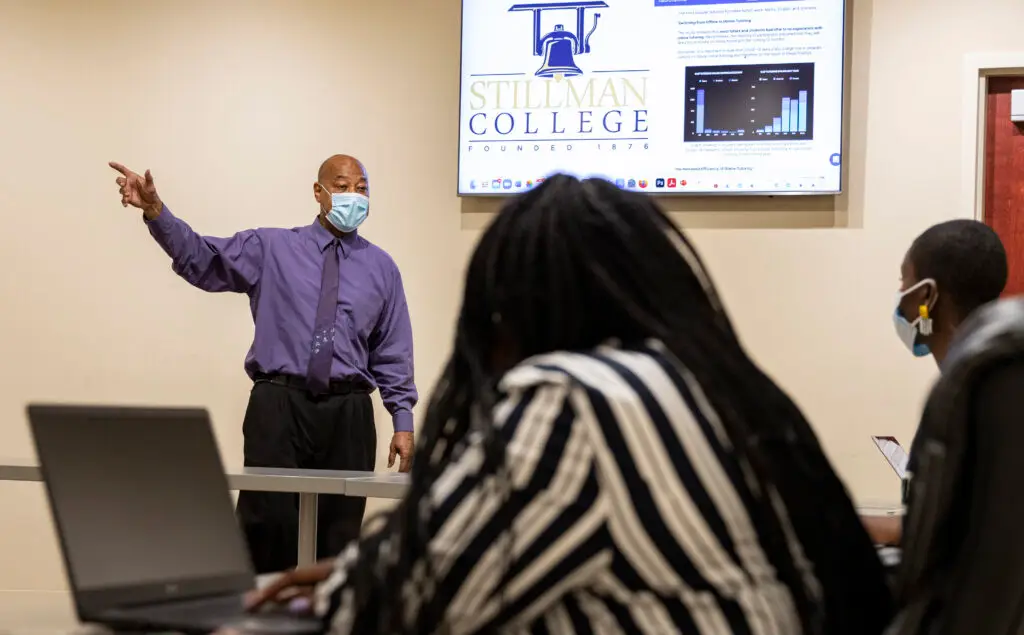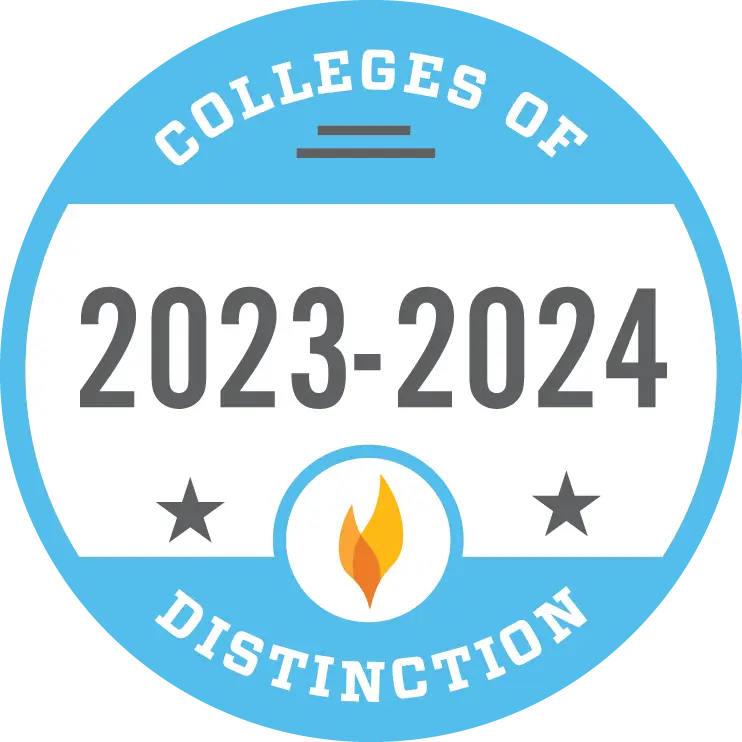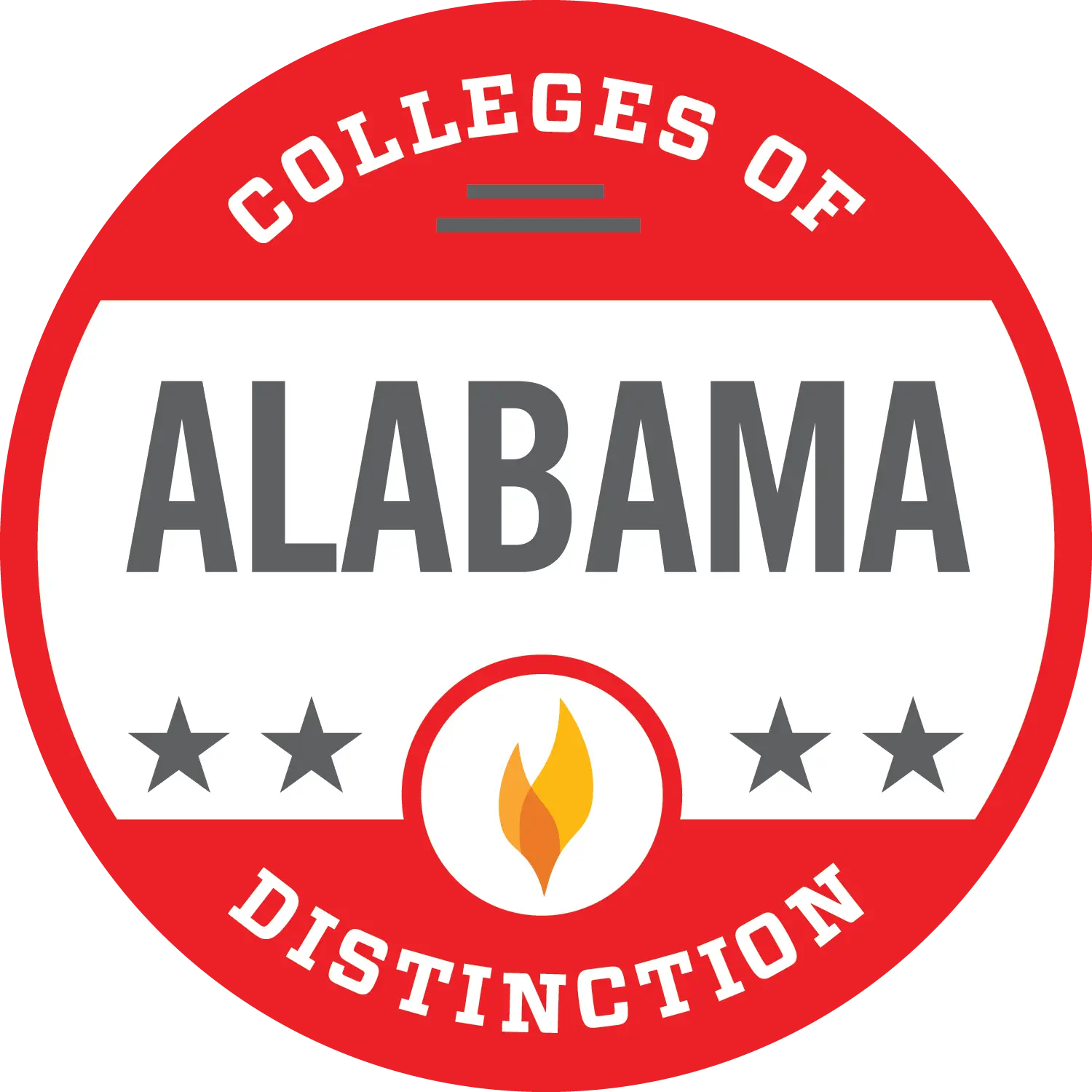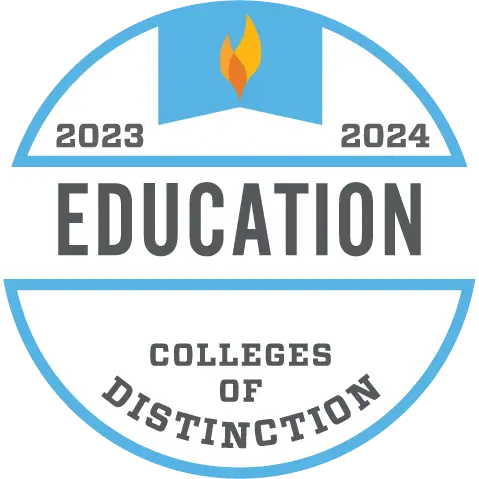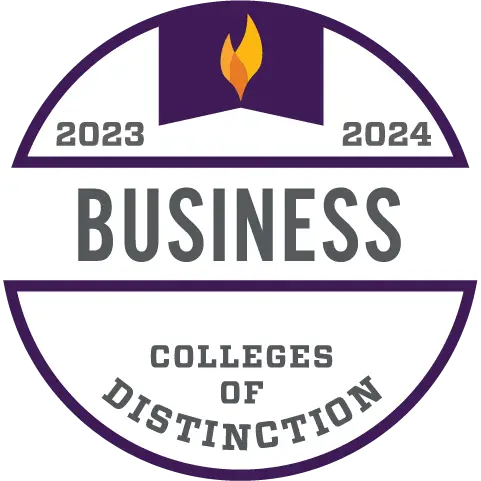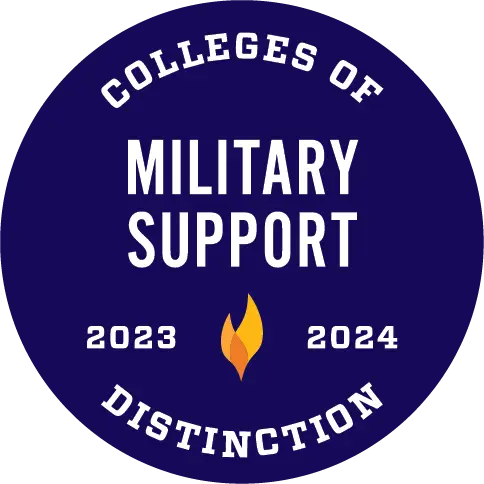Sessions held virtually with select students in Greene County Schools
By David Miller
The challenges of virtual learning are aplenty.
Disparities in access to technology, uneven engagement, and inconsistent attendance affect classes broadly, but these barriers can also exacerbate a student’s learning disability and further widen the gap to proficiency.
Virtual learning became the norm for much of 2020, and for some k-12 schools, fully virtual or hybrid classrooms have continued. And while aspects like internet connectivity have improved, the inherent challenges of both teaching and learning virtually remain.
Stillman College students are learning firsthand the challenges k-12 teachers and students face in a virtual learning environment. Through the Greene County Peer Tutoring Program, Stillman students provide virtual after-school tutoring to students each week. The program launched in Spring 2021 and included 12-15 Stillman students who participated regularly. The program will continue later this month with a new group of Stillman mentors.

Stillman College students Que Chandler (left), Taylor Fulton (middle), and Deanna Ford meet and discuss their upcoming roles in the Greene County Peer Tutoring Program.
Eden Black, a senior biology and pre-med major from Mobile, had never tutored prior to joining the program in the spring, but she was motivated after learning of the high rate of poverty in Greene County.
“From my own experience, I understand how difficult [living in poverty] can be,” Black said, “and how hard it is to participate in things after school.”
Black’s empathy would be vital in her remaining positive and engaged in the program, particularly as she navigated the same challenges affecting full-time teachers. For instance, she said there were days her students would miss their tutoring session. And, sometimes, students were distracted during sessions.
Through the program’s many layers of support, from assistant principals at Greene County Schools to Stillman staff, helped address issues, such as contacting parents or creating a better understanding of what students are learning in the classroom each week.
“I was there to help,” Black said. “I wanted them to know that.”
An evolving relationship
Prior to the peer tutoring program, Stillman’s Office for Strategic Initiatives provided distance learning technology equipment to Greene, Hale and Sumter Counties that allowed those schools to connect with various labs on Stillman’s campus and facilitate dual-enrollment courses in real-time. The United States Department of Agriculture awarded Stillman a $500,000 grant to implement this technology in the three counties.
Greene County then elected to use some of its COVID-19 relief monies to support its students learning virtually, and leadership reached out to Stillman to grow its partnership.
“I got a call from one of our legislators about kids struggling to get connected and struggling to keep up,” said RaSheda Workman, Vice President for Strategic Initiatives at Stillman. “They asked me if I could help pilot a tutoring program, so we got to work.”
The tutoring program led by college students was new territory for Brittany Harris, Assistant Principal at Robert Brown Middle School in Eutaw. She said that previous after-school tutoring programs involved classroom teachers, but the supplemental tutoring from Stillman students has been “extremely beneficial.”
“As a leader at Robert Brown, we analyze our data at the beginning, middle and end of the year,” Harris said. “I can say that our students in the peer tutoring program made significant gains. We are seeing students advance, and if we remain intentional in pairing our students with Stillman students who are passionate in certain areas, we’ll continue to see those gains.”
Those gains were evident to Workman, too.
“There were a few students who were trying to graduate high school who were in jeopardy of failing,” Workman said. “We targeted them and pulled out specific tutors in areas they were failing, and those high school students passed. That is really rewarding, both for the students who were able to walk during graduation, and for our tutors.
Selection and training
Stillman students were chosen for the pilot semester based on GPA and major. They were trained in a variety of areas, like how to quickly build rapport and how to motivate and inspire others, before they started tutoring Greene County students. Stillman students are strongly encouraged to talk about their hobbies, why they chose Stillman, and their career aspirations beyond college.

“There’s also plenty of training on the lesson plans, how to interpret those, and how to ID the assignments to go over with the students,” Workman said. “We also train our mentors on how to use Zoom and work around tech or broadband issues.”
Twelve Stillman students have joined the program for this semester and have completed their remote training sessions. The group has reviewed remote learning lesson plans that Greene County teachers use, processes for reporting and scheduling, as well as how to connect with parents. This preparation process has been fine-tuned since last semester, with more intentionality in lesson plans designed to prepare Stillman students for tutoring, Harris said.
Additionally, administrators have strengthened the program by partnering with the Stillman College Teacher Education Program to add remote tutoring and reading programs to the Greene County Housing Authority’s existing after-school program, which has a retired teacher on site for in-person tutoring.
Workman said that, despite Stillman students’ content knowledge in specific areas of study, the unfamiliarity with teaching pedagogy necessitated the bond with the College’s teacher education program, specifically Interim Dean Dr. James Gray. Additionally, seeking out education majors to become peer tutors helps “undergird” the teacher education program with experiential learning, a valuable cog in Stillman President Dr. Cynthia Warrick’s charge to increase the number of teacher education graduates.
“It’s important to build a bridge here for our education majors to get additional experience in a place they hope to one day make a difference,” Workman said.
Workman and co-organizers at Stillman would like to grow peer tutoring programs to the other counties they currently work with. They’re hopeful that continued success in Greene County could create a model and best practices for virtual tutoring that could be implemented broadly.

